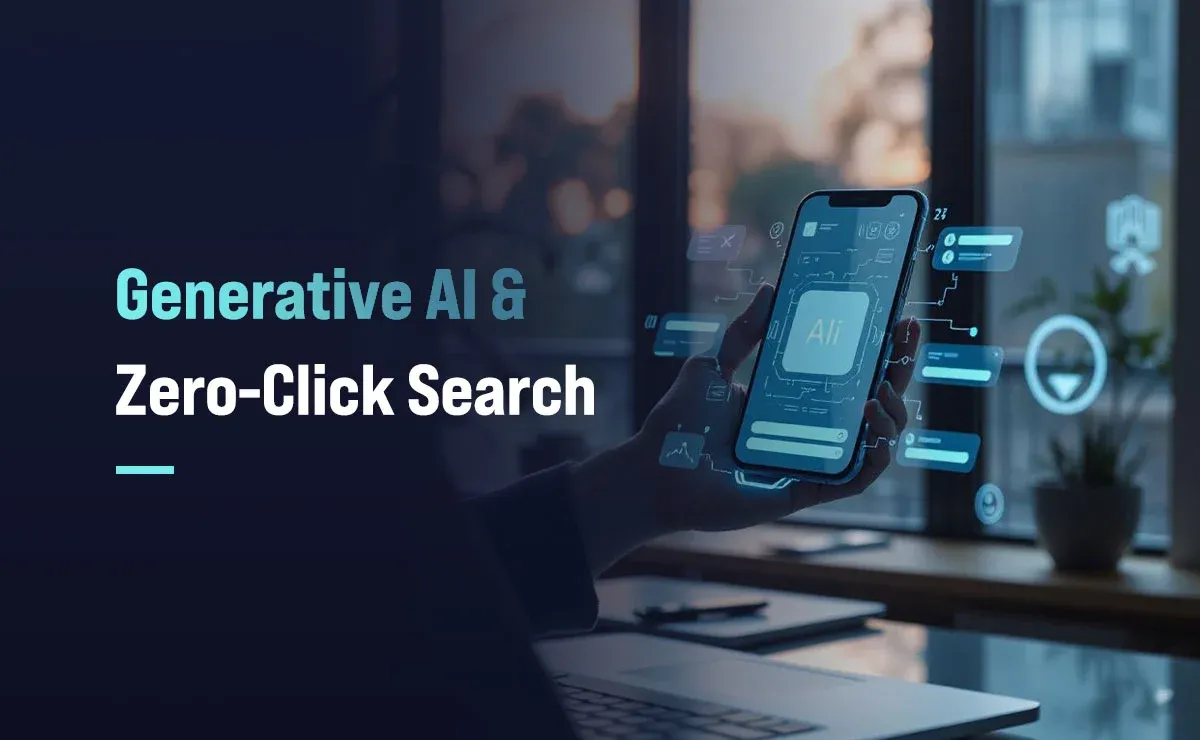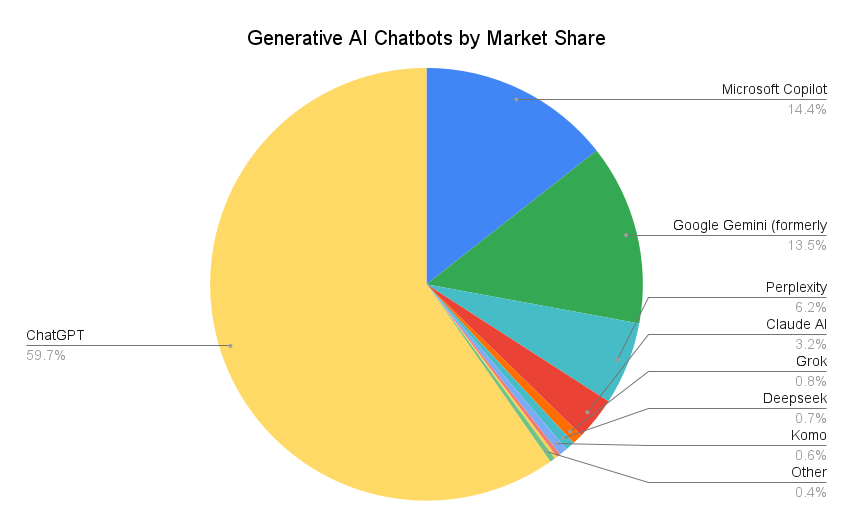

Today, the masses are look for answers to questions and they’re using AI Agents to do it.
Before you hire a digital marketing agency you better ask them to explain their ~ Zero Click Search ~ strategy.
If they don’t have an answer that passes the test, walk away.

“Over time, AI will be the biggest technological shift we see in our lifetimes. It’s bigger than the shift from desktop computing to mobile, and it may be bigger than the internet itself.”
– Sundar Pichai (CEO, Google/Alphabet) Scale
At Google I/O, Sundar Pichai called AI Mode “the total reimagining of ally changes how users interact with search engines.
– Yamini Rangan (CEO, HubSpot) – On Organic Search Decline acknowledged the shift on the search.“Source: Abstrakt
Context: This was during Google’s 2025 I/O presentation introducing AI Mode, which fundament company’s quarterly earnings call, stating that ~ organic search traffic is “declining globally” and that “AI overviews are giving answers, and fewer people are clicking through to websites”. SoundCloud

A technical SEO refers to the process of optimizing a website’s technical elements to help search engines crawl, index, and understand the website’s content.
Technical SEO covers all the technical aspects of a website that affect SEO, from hosting and site speed to XML sitemaps and meta robots tags.
Here are some of the key elements of technical SEO:
– Crawlability: Ensuring that search engines can crawl and index all pages on the website.
– Site speed: Optimizing website speed to improve user experience and search engine ranking.
– Mobile-friendliness: Optimizing the website for mobile devices to improve user experience and ranking.
– Site architecture: Creating an SEO-friendly site structure that makes it easier for search engines to understand the website.
– XML sitemaps: Creating and submitting XML sitemaps to help search engines crawl and index the website.
– Duplicate SEO meta-tag content: Finding and fixing duplicate content issues to avoid penalties from search engines.
– Structured data schema markup: Implementing structured data to help search engines understand the content on the website and display rich snippets in search results.
– Optimization of Meta tags: Optimizing meta tags, including title tags and meta descriptions, to improve click-through rates from search engine results pages.
– Hreflang: Implementing hreflang tags to help search engines understand the language and regional targeting of the website.
By optimizing these technical elements, website owners can improve their website’s visibility, accessibility, user experience, and overall SEO performance.
The cost of SEO services varies depending on several factors, such as the competitiveness of the keywords targeted, the services included, and the type of SEO agency chosen.
According to the search results, the average cost of SEO services ranges from $500 to $10,000 per month.